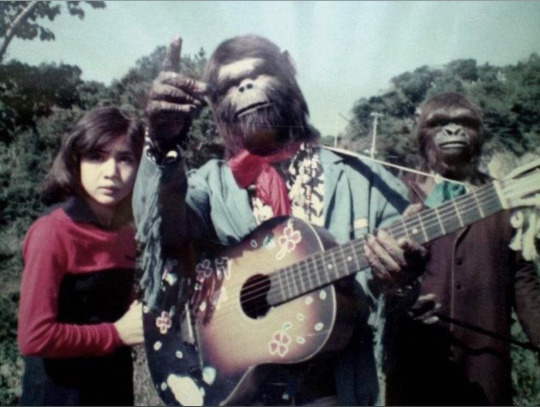#japanese science fiction
Text

#godzilla#toho#toho films#toho studios#toho kaiju#toho monsters#toho godzilla#kaiju#mechagodzilla#mecha godzilla#japan#japanese sci fi#japanese movies#cult japanese movies#japanese science fiction#monsters#monster
153 notes
·
View notes
Text
On June 1, 1989 Godzilla VS Mechagodzilla debuted in Hungary.
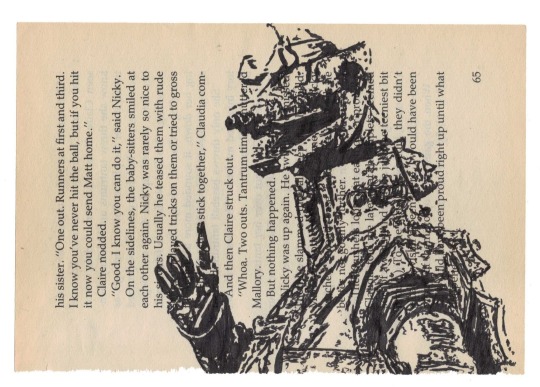
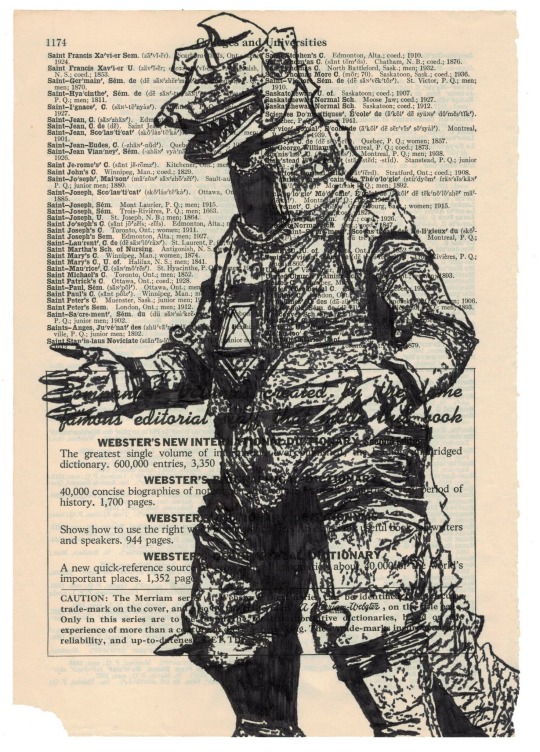


#godzilla vs mechagodzilla#godzilla vs mechagodzilla 1974#godzilla movies#godzilla#mechagodzilla#kaiju art#kaiju movies#kaiju monster#kaiju film#kaiju#japanese horror#japanese sci fi#japanese science fiction#science fiction film#science fiction art#science fiction#movie art#art#drawing#movie history#pop art#modern art#pop surrealism#cult movies#portrait#cult film
11 notes
·
View notes
Photo
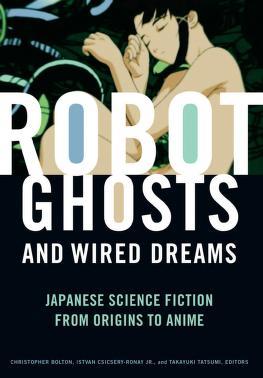
https://archive.org/details/RobotGhostsAndWiredDreamsJapaneseScienceFictionFromOriginsToAnime/mode/2up
18 notes
·
View notes
Text
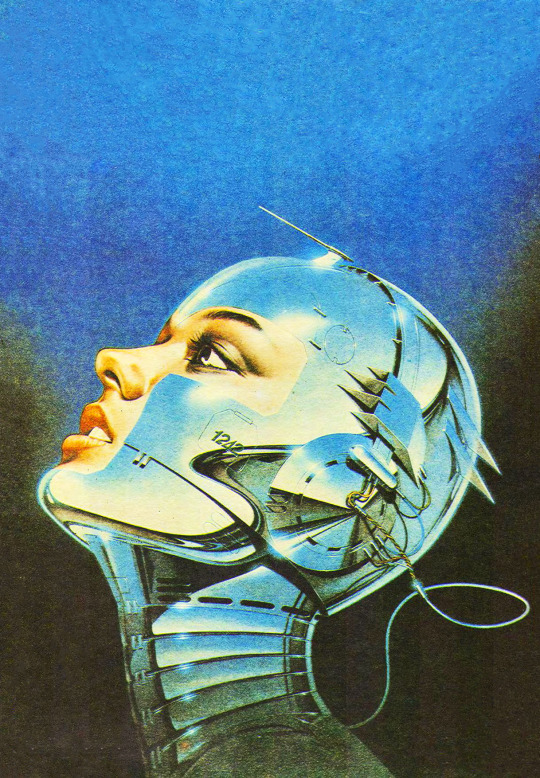
Hajime Sorayama, ''Fantastyka'', #2, 1985
Source
#hajime sorayama#japanese artists#Fantastyka#magazine covers#cover art#scifi art#science fiction art
1K notes
·
View notes
Quote
"Warning From Space" would be notable as Japan's first color tokusatsu film. Just as Daiei beat out rival Toho's "Musashi Miyamoto" (1954) with 1953's "Gate of Hell" for their first color jidai-geki (Period Drama), their "Warning From Space" preceded Toho's effects releases that year by six months, Eastman color film stock, developed in the US in 1950, would be a pivotal took for tokusatsu filmmaking in the years to come. The Eastman stock's tones give "Warning From Space" a dreamlike quality.
J.L. Carrozza, “Japanese Special Effects Cinema: Godfathers of Tokusatsu: Vol. 1″ (2022).
#Eastman Color#Japanese Cinema#Japanese Science Fiction#Daiei Films#Warning From Space#Japanese Movies#Tokusatusu
0 notes
Photo


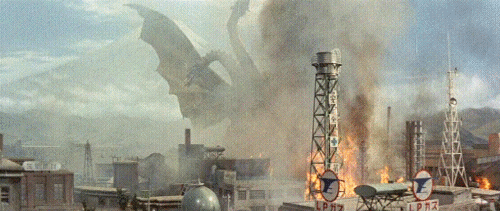
Invasion of Astro-Monster (1965)
怪獣大戦争
Toho Co., Ltd
Dir. Ishirō Honda
Shoichi Hirose as King Ghidorah
#king ghidorah#invasion of astro monster#1960s science fiction#japanese giant monster films#kaiju#daikaiju#godzilla#怪獣大戦争
934 notes
·
View notes
Photo



Makoto Kobayashi
#makoto kobayashi#scifi#dieselpunk#science fiction#japan#japanese#art#airships#spaceships#retro#retrofuture#futuristic#retro future#concept artist#concept art
799 notes
·
View notes
Text
[Running Commentary] Zombies are Zombies: Cultural Relativism, Folklore, and Foreign Perspectives
She obviously started getting into media in Japan, and (from my research into Japanese media and culture), Japan’s movies about zombies are mostly comedic, since due to traditional funerary practices the idea of zombies bringing down society is ridiculous to a lot of Japanese people.
Rina: OP, this you? https://www.tofugu.com/japan/japanese-zombies/
Marika: Counterpoint: Parasite Eve. Resident Evil. The Evil Within.
Rina: Literally all the grody horror game franchises that people forget were developed and written by Japanese people because the characters have names like “Leon Kennedy” and “Sebastian Castellanos”
~ ~ ~
Based on the reception we received the last time we did one of these, the Japanese moderator team returns with another running commentary. (They’re easier to answer this way) (Several of Marika’s answers may be troll answers)
Our question today pertains to foreign perspectives on folklore—that is, how people view folklore and stories that aren’t a part of their culture. CW: for anything you’d associate with zombies and a zombie apocalypse, really.
Keep reading for necromancy, horror games, debunking the Sapir-Whorf hypothesis, Hong Kong jiangshi films, Japanese disaster prep videos, and Vietnamese idol pop...
Essentially, in my story there’s an organization who wants to end the world. They think this one woman in particular, a woman of mixed Vietnamese (irreligious, Kinh) and Japanese descent who spent her formative years in Japan, is the person to do it because she’s (for lack of a better term) a necromancer; powers are semi-normal in this world. She prefers not to use her powers overall, but when she does she mostly talks to ghosts and spirits that are giving people issues. She could technically reanimate a corpse but she wouldn’t because she feels that would be morally wrong, not to mention she couldn’t start a zombie apocalypse in the traditional sense (plague, virus, etc.) in the first place.
(Marika (M): Your local public health officials would like to assure necromancers that reviving the dead will not provoke a zombie apocalypse. This is because necromancy is a reanimation technique, and not a pathogenic vector. Assuming that the technique does not release spores, airborne viruses, gasses, or other related physical matter that can affect neighboring corpses in a similar way, there should be no issue. However, necromancers should comply with local regulations w/r to permitting and only raise the dead with the approval of the local municipality and surviving family.)
M: I think it makes sense for most people of E. Asian descent, including Japanese and Vietnamese people, to find it culturally reprehensible to reanimate the dead. I imagine the religious background of your character matters as well. What religion(s) are her family members from? How do they each regard death and the treatment of human remains? Depending on where she grew up, I’m curious on how she got opportunities to practice outside specialized settings like morgues.
M: It’s true, space in Japan is at a premium, even for the dead. You note that most of Japan cremates, but, surely, it must have occurred to you that if there aren’t that many bodies in Japan to raise…she doesn’t exactly have much opportunity to practice with her powers, does she? I yield to our Vietnamese followers on funerary customs in Vietnam, but you may want to better flesh out your world-building logic on how necromancy operates in your story (And maybe distinguish between necromancy v. channeling v. summoning v. exorcisms).
She obviously started getting into media in Japan, and (from my research into Japanese media and culture), Japan’s movies about zombies are mostly comedic, since due to traditional funerary practices the idea of zombies bringing down society is ridiculous to a lot of Japanese people.
Rina (R): OP, this you? https://www.tofugu.com/japan/japanese-zombies/
M: Counterpoint: Parasite Eve. Resident Evil. The Evil Within.
R: Literally all the grody horror game franchises that people forget were developed and written by Japanese people because the characters have names like “Leon Kennedy” and “Sebastian Castellanos”
R: And yes, the Tofugu article uses Resident Evil and those games to support its theory, with the reason that they are set in the West. But that only suggests that Japanese people consider zombies a Western thing, not that Japanese people consider zombies nonthreatening if they were to exist.
M: Same with vampires - series like Castlevania also use Western/ European settings and not “Vampires in Japan '' because vampires just aren't part of our folklore.
(M: Also, realistically, these series deal with individuals who quickly perish after their bodies are used as hosts for the pathogen in question, rather than the pathogen reanimating a corpse. Although the victims are initially alive, they soon succumb to the pathogen/ parasite and their organic matter then becomes an infectious vector for the disease. It should be noted, infecting ordinary, living humans with viruses to grant them elevated powers, is not only a major violation of consent and defies all recommendations made by the Belmont Report (in addition to a number of articles in the Hague Convention w/r to the use of WMDs) and is unlikely to be approved by any reputable university’s IRB committee. This is why the Umbrella Corporation are naughty, naughty little children, and honestly, someone should have assassinated Wesker for the grant money.)
R: wwww
From what I know Vietnam didn’t have a zombie movie until 2022.
R: Do you mean a domestically produced zombie movie? Because Vietnamese people have most certainly had access to zombie movies for a long time. The Hong Kong film Mr. Vampire (1985) was a gigantic hit in Southeast Asia; you can find a gazillion copies of this movie online with Viet subs, with people commenting on how nostalgic this movie is or how they loved it as a kid.
M: “Didn’t have a [domestic] zombie movie” is not necessarily the same thing as “Would not have made one if the opportunity had arisen.” None of us here are personifications of the Vietnamese film industry, I think it’s safe to say we couldn’t know. Correlation is not causation. It’s important to do your research thoroughly, and not use minor facts to craft a narrative based on your own assumptions.
(R: …Also, I did find a 2017 music video for “Game Over” by the Vietnamese idol Thanh Duy which features… a zombie apocalypse.)
youtube
(R: The MV has a very campy horror aesthetic and zombie backup dancers (which I love, everyone please watch this lol). But the scenes at the beginning and end where people are biting their fingers watching a threatening news report clearly establish that the zombies are considered a threat.)
So at one point, she laughs about the idea and remarks how ridiculous it is to think zombies could end the world. What I’m struggling with are other ways to show her attitude on the issue because I’d assume most non-Japanese readers wouldn’t get why she thinks like that. Are there any other ways to show why she thinks this way, especially ones that might resonate more with a Japanese reader?
R: The problem is this does not resonate in the first place. Your line of thinking is too Sapir-Whorf-adjacent. The Sapir-Whorf hypothesis, otherwise known as linguistic relativity theory, claims that language shapes cognition—that you can’t conceive of something if you can’t express it in your language. This is a very weak theory that you can easily bring evidence against: think of the last time you felt an emotion you had a hard time putting into words; just because you didn’t have the language for it doesn’t mean that you didn’t feel it, nor does it mean that you won’t be able to understand or recognize it if you feel it again. Similarly, it’s not a sound assumption to say that if some kind of subject matter does not exist in a culture, then people of that culture couldn't possibly conceive of it. This excerpt from linguist Laura Bailey sums it up quite well.
M: Just because ghosts may be more culturally relevant doesn’t mean that zombies (or vampires, or whatever) are nonexistent in a Japanese or Vietnamese person’s imagination when it comes to horror and disaster.
R: Really, if anything, Japanese people are much more attuned to how easily a society’s infrastructure can be destroyed by a disruptive force without adequate preparation. Japan is natural disaster central. A Japanese person would know better than anyone that if you aren’t prepared for a zombie epidemic—yeah it’s gonna be bad.
M: Earthquakes, tsunami, typhoon, floods: Japan has robust disaster infrastructure out of necessity. 防災 or bousai, meaning disaster preparedness is a common part of daily life, including drills at workplaces, schools, and community organizations. Local government and community agencies are always looking for ways to make disaster and pandemic preparedness relevant to the public.
M: Might “zombie apocalypse prep as a proxy for disaster prep” be humorous in an ironic, self-deprecating way? Sure, but it’s not like Japanese people are innately different from non-Japanese people. Rather, by being a relatively well-off country practiced at disaster preparation with more experience than most parts of the world with many different types of disasters (and the accompanying infrastructure), it likely would seem more odd to most Japanese people within Japan to not handle a zombie apocalypse rather like might one handle a combination of a WMD/ chemical disaster+pandemic+civil unrest (all of which at least some part of Japan has experienced). Enjoy this very long, slightly dry video on COVID-19 safety procedures and preparedness using the framing device of surviving a zombie apocalypse.
youtube
M: Living in Los Angeles, I’ve often experienced similar tactics. We do a fair amount of advance and rehearsed disaster prep here as well. In elementary school, the first and last days of class were always for packing and unpacking home-made disaster packs, and “zombie apocalypse” simulations have been around since I was in middle school for all kinds of drills, including active shooter drills, like the one shown in this LAT article. The line between “prepper” and “well prepared” really comes down to degree of anxiety and zeal. So, it wouldn’t be just Japanese people who might not be able to resonate with your scene. The same could be said for anyone who lives somewhere with a robust disaster prevention culture.
M: A zombie apocalypse is not “real” in the sense of being a tangible threat that the majority of the world lives in fear of waking up to (At least, for the mental health of most people, I hope so). Rather, zombie apocalypse narratives are compelling to people because of the feelings of vague, existential dread they provoke: of isolation, paranoia, dwindling resources, and a definite end to everything familiar. I encourage you to stop thinking of the way Japanese people and non-Japanese people think about vague, existential dread as incomprehensible to each other. What would you think about zombies if they actually had a chance of existing in your world? That’s probably how most Japanese people would feel about them, too.
#Youtube#asks#japanese#vietnamese#cultural differences#cultural relativism#linguistic relativity#zombies#sci fi#science fiction#necromancy#death#funerary customs#funeral#ghosts#vampires#folklore#natural disasters#disaster preparedness#rina says stan thanh duy#writeblr
231 notes
·
View notes
Text


ハウス (1977) dir. Nobuhiko Obayashi
#house#hausu#1977#70s films#horror comedy#comedy#horror#j horror#japanese horror#1970s#70s movies#70s horror#70s scifi#70s sci fi#science fiction#movie gifs#gif set#firecore#spooky#horrorcore#horror aesthetic#vintage films#vintage movies#nobuhiko obayashi#ハウス#japanese movie#japanese#retro horror#retro films#fire
310 notes
·
View notes
Photo

Search_Engine.BMP
#pop art#neotokyo#cyberpunk#digital art#technology#scifi#science fiction#art#aesthetic#japanese#webpunk#postinternet#post internet#netart#google#retro computing#retrofuture#cyberspace#cyber#text art
484 notes
·
View notes
Text

THE RETURN OF DAIMAJIN (Daiei, 1966)
#tokusatsu#Daiei#Daiei Film#Kaiju#Daimajin#science fiction#japanese sci fi#japanese culture#japanese pulp#pulp science fiction#japanese science fiction#japanese movies#japanese film#retro scifi#sci fi#60s movies#1960s cinema#1960s films
42 notes
·
View notes
Text
On July 31, 1970 Goke, Body Snatcher from Hell debuted in Honolulu, Hawaii.
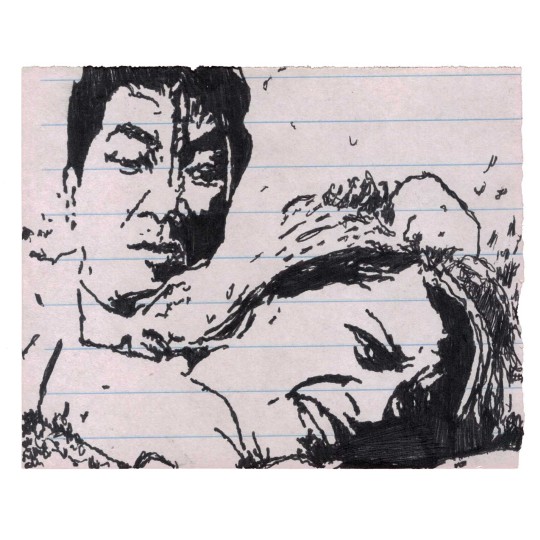
#goke body snatcher from hell#sci fi#science fiction art#science fiction film#horror movies#japanese horror#japanese science fiction#movie art#art#drawing#movie history
2 notes
·
View notes
Photo
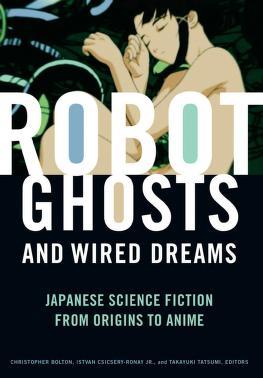
https://archive.org/details/RobotGhostsAndWiredDreamsJapaneseScienceFictionFromOriginsToAnime/mode/2up
24 notes
·
View notes
Text
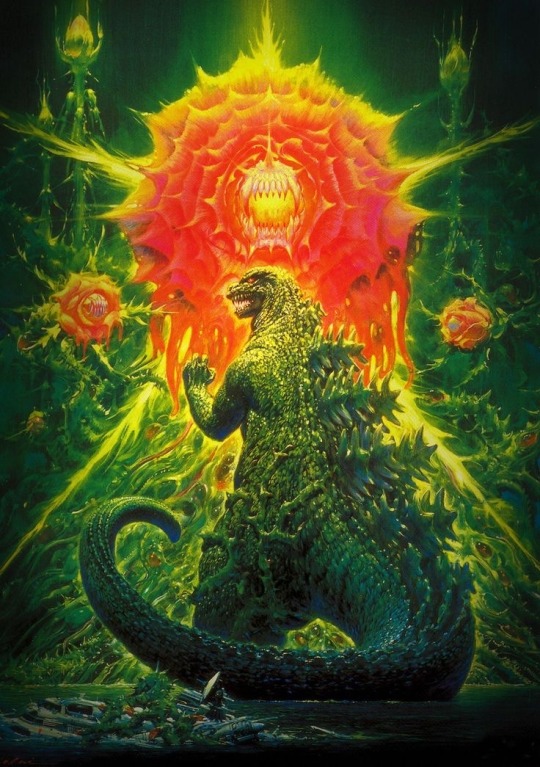
Godzilla by Noriyoshi Orai
#scifiart#science fiction#illustration#horror#horror art#sci fi and fantasy#fantasy art#retro scifi#sci fi horror#godzilla#japanese film#toho monsters
223 notes
·
View notes
Text
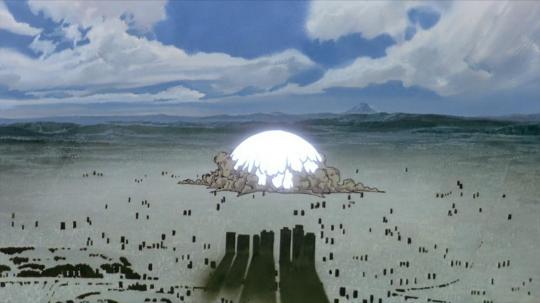
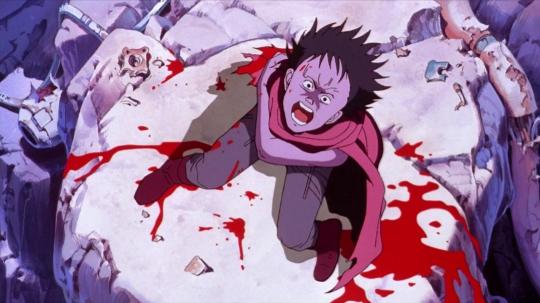

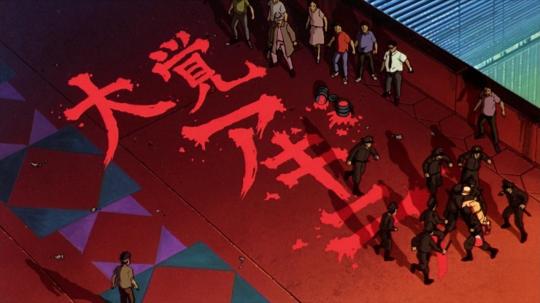

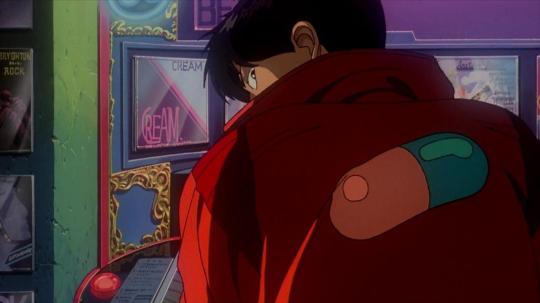

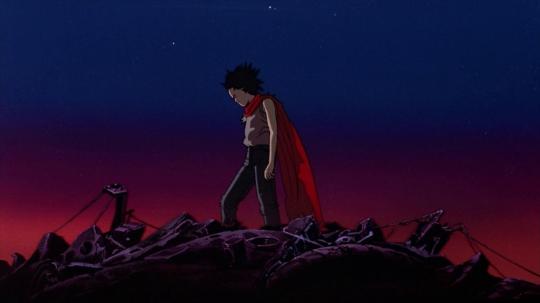
Akira, dir. by Katsuhiro Otomo, was released 35 years ago
#akira#katsuhiro otomo#80s#sci fi#science fiction#anime#screencaps#screenshots#japanese film#japanese movies#animation#film stills
124 notes
·
View notes
